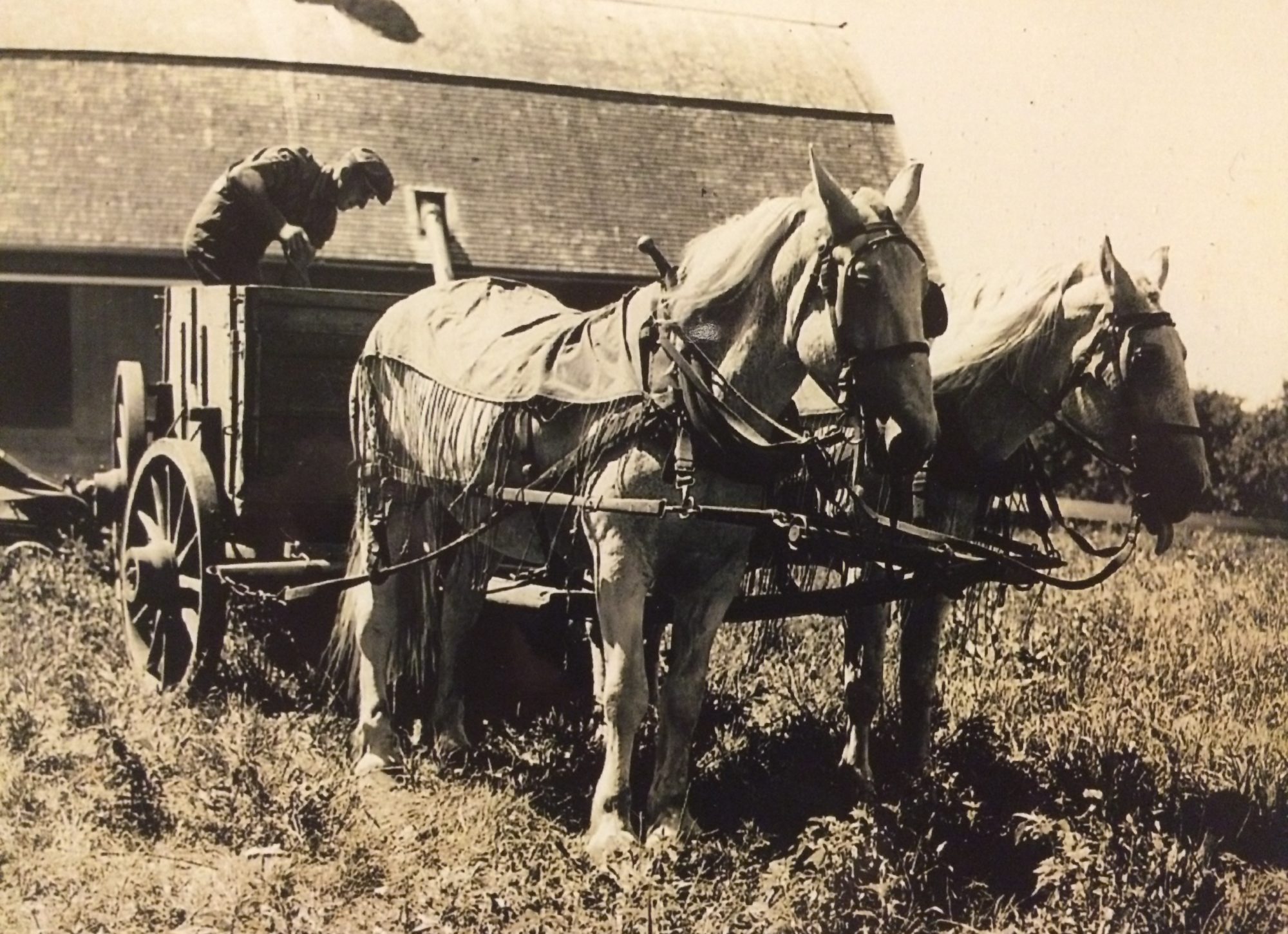The kids are still young. Molly is five, and Henry three. As any parent does, we want them to become good, well-rounded people. Given their age, we’d settle for less nose picking. We’re still working on the basics in our house, more focused on getting them to use the bathrooms and stop hitting each other, and less on more advanced virtues. I was thinking about this recently. I was also remembering a few of the times when I was aware, as it was happening, that we were in character-building territory.
The family hike in the woods is just this kind of character-building experience. The two times we went last year, Molly quit about halfway through and sat on a stump. Both times, Jessie, my wife, and I tried coaching her through it with time-tested parenting material. I encouraged her to break up the big task into smaller tasks: “just focus on walking to that tree right there.” Jessie tried tapping into her desire for mastery: “think of how good you’ll feel when you can do it on your own!”
Molly sat on the stump, kicking at a rock.
We continued with our encouragements and exhortations. Molly sat for awhile, then glumly straggled behind us, then sat on another stump, then I caved and carried her for part of it, and finally, worn down by the struggle, we bribed her with a sucker from the gift shop. She was suddenly a bottomless well of energy, skipping and singing ahead of us down the path: “Hey look, we’re almost there! Hurry up, guys!”
I’m torn about our decision. Bribing her with candy was a fail, I think, from the virtue-building standpoint. We removed the struggle. All of the big lessons — keeping things in perspective, making daunting tasks manageable, keeping a positive attitude and a sense of humor when times are tough, learning how to persist through frustration or boredom — are all learned through struggle. If you remove the struggle, you remove the opportunities for growth. And so the most important thing you can do, from that perspective, is to get out of their way, and let them struggle, and then help them interpret the struggle on the other side.
On the, “it wasn’t really a big deal” side of things, I think that particular moment wasn’t the right one for the lesson. Molly was red-faced and overheated. She was seriously not moving. And we were all hot, and tired, and wanted nothing more than to be in the car with the AC on. I don’t think we had the right frame of mind, the patience, or the energy, in that moment, to provide the opportunity for struggle and growth. We weren’t trying to be Socrates. We just wanted to get her in the car.
There’s an inverse relationship between performing things well, and the time you have to do them. And time almost always has the upper hand, so we constantly sacrifice thoughtfulness and good performance to urgency. When I have the kids on the weekends, if I have some goals for the day, some errands to run or something, and only so much time to do them, I’m like a cattle dog, nipping at their heels. Come on, kids! Get dressed! Molly, have you brushed your teeth yet? Wait, are you still not dressed? You can get dressed first, then brush your teeth. Henry, where are your shoes? I can’t find your shoes. Help me find your shoes!
That frenetic performance worked for a while, but they’re totally unfazed by it now. When they decide they don’t want to help, I end up dressing their limp bodies after they’ve collapsed into heaps on the floor.
And it’s not immediately obvious to them that by, say, wandering around the house in search of a Batman toy, or chasing a grasshopper into a patch of grass, that they’re keeping me from getting to the grocery store. They’re totally oblivious to my goals, which is fine, because they’re kids.
I try to think about these things, though, when I’m planning out the weekend. Some of my happiest times with them come when I recognize that we have all afternoon to just walk to the park. The simplicity of the task makes performing it well trivially easy, given how much time we can invest in it. If I have the luxury of a clear afternoon, then the kids and I are perfectly in tune with each other. We pick one simple thing to do, and have a high tolerance for meandering and aimlessness. It also provides more opportunities for the bigger lessons, the more difficult ones. When you encounter the struggle, you give it time, and space to breath.
I also think that’s something hunting did for me when I was growing up. It’s a simple pursuit. You walk into the woods, and sit, and wait. And you have something like 10 hours to do it. Time is not the essential part of it—taking care is. The frenetic part of your mind constantly on the lookout for shortcuts has nothing to do. It goes quiet. You can spend an hour just navigating brush. It doesn’t matter. The inefficiency is beautiful. You seek the struggle, then take your time getting through it.
Next time we take the kids hiking, I’ll try to remember all this. If she’s going to sit on a stump, she can sit on a stump. It’s her struggle, and she’ll have to figure out how to get through it. I’m just going to be quiet, and let her do what she needs to do. This is about character development. The virtues. Moral fiber.
Unless it’s hot out, in which case there’s candy and air conditioning in the gift shop.
